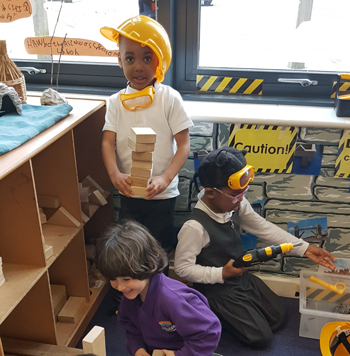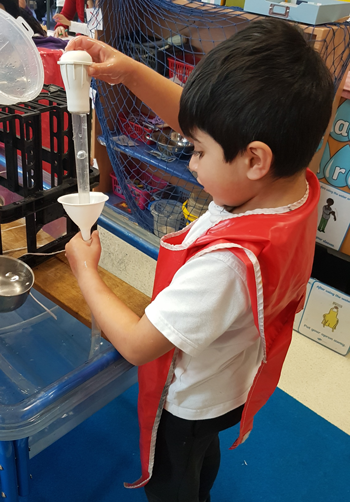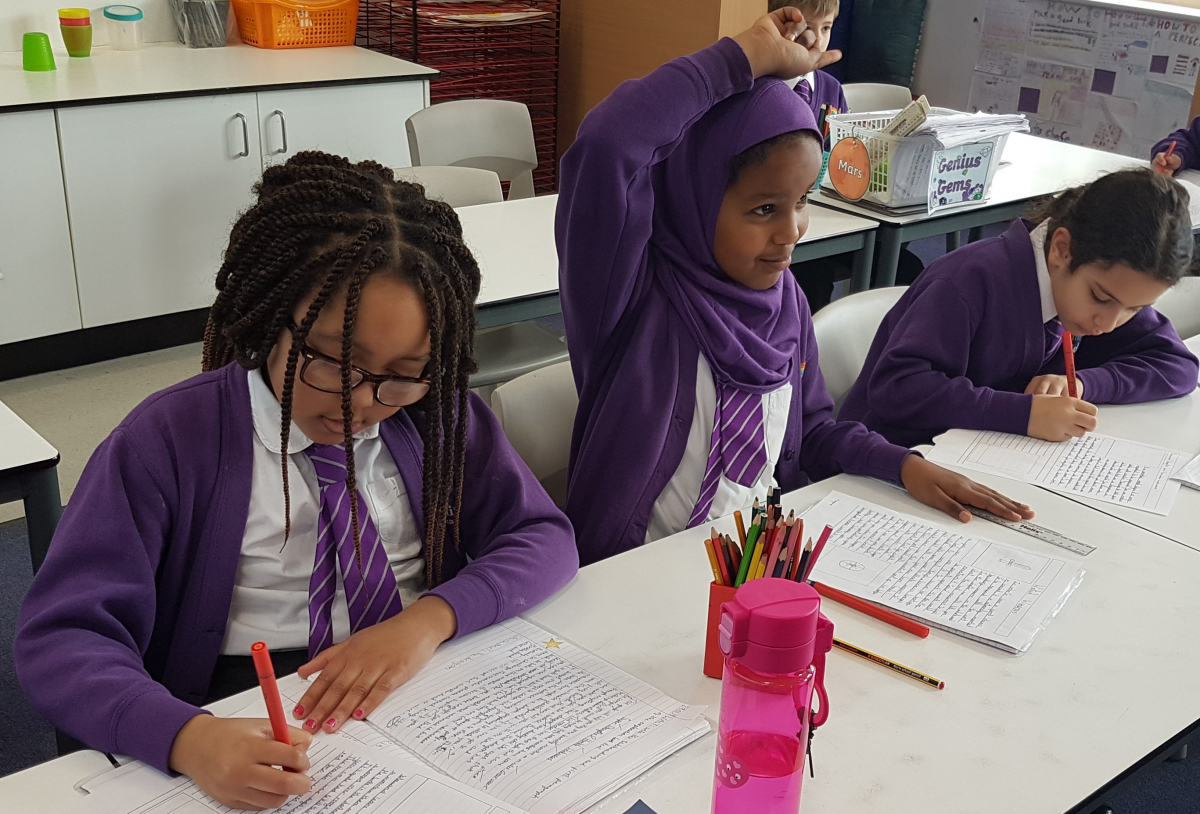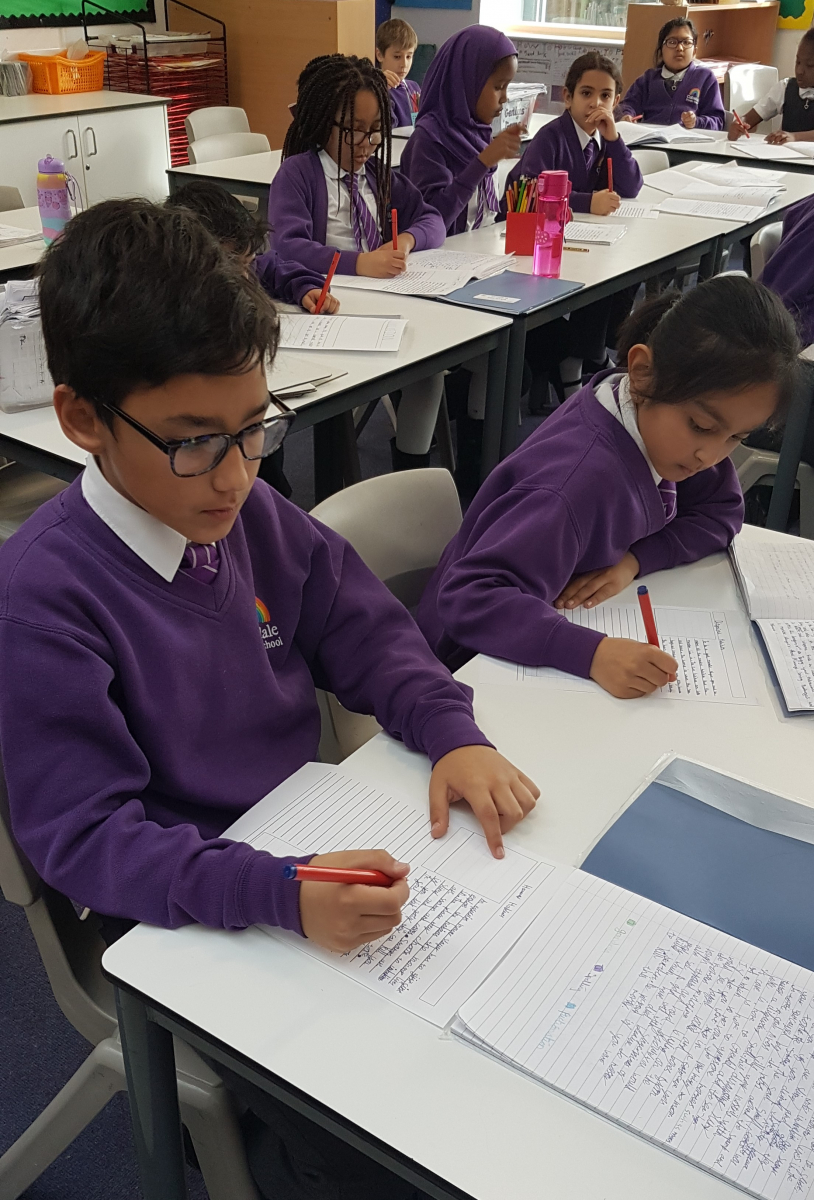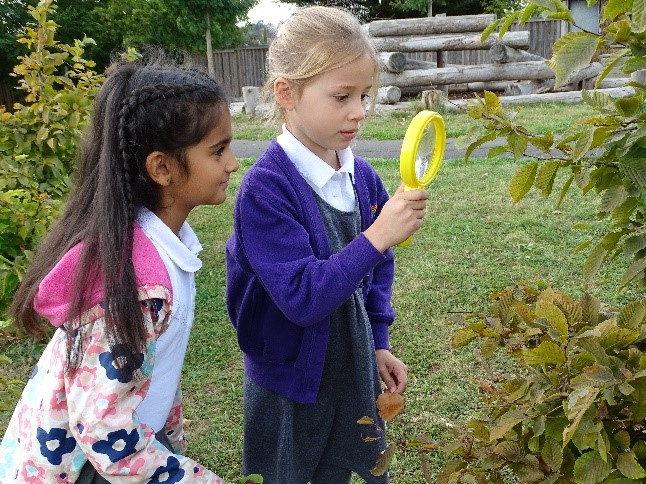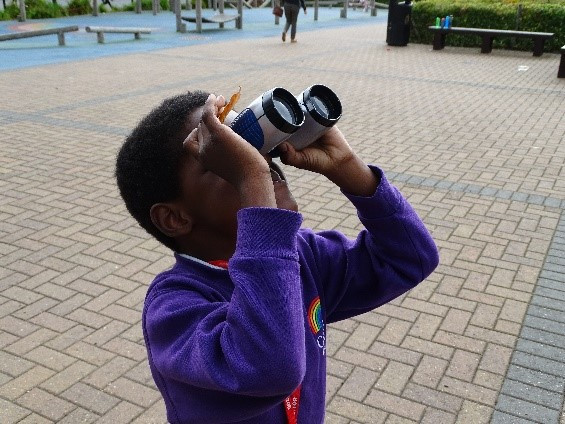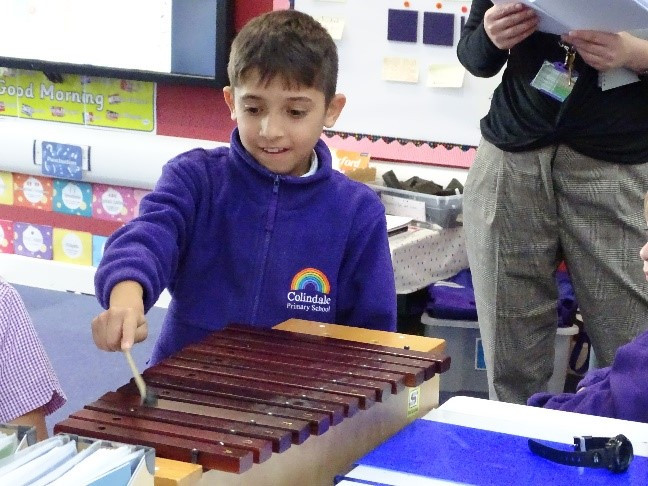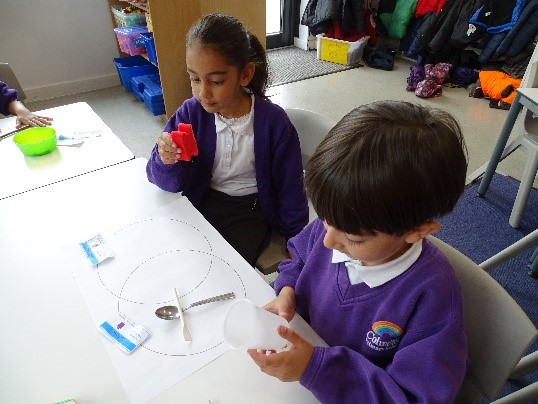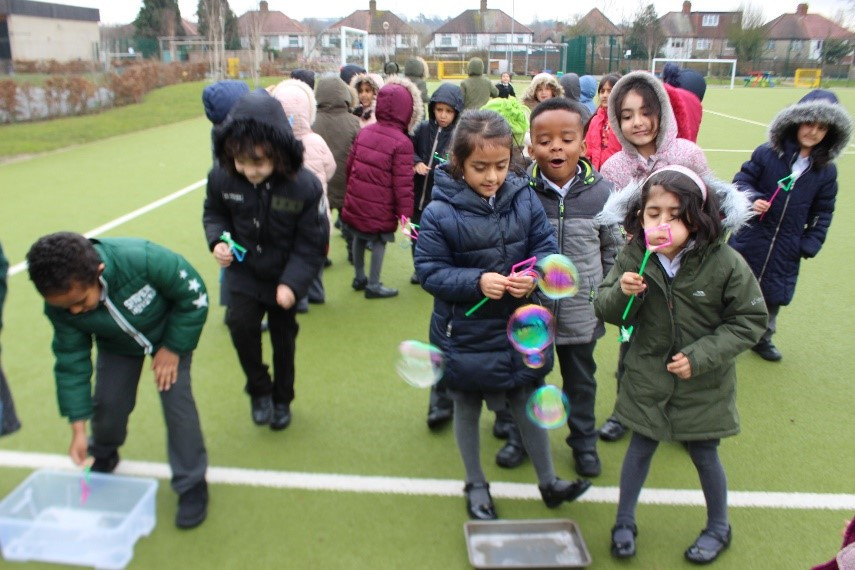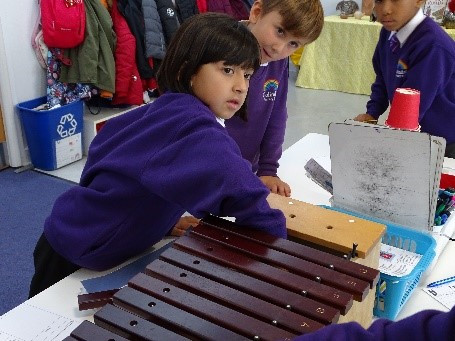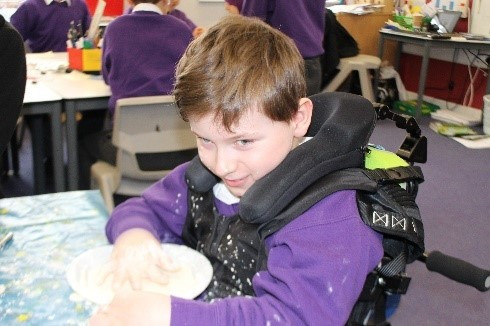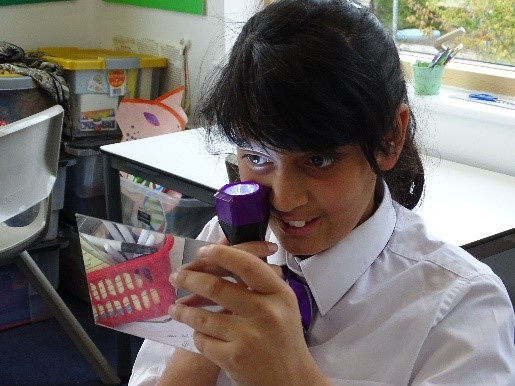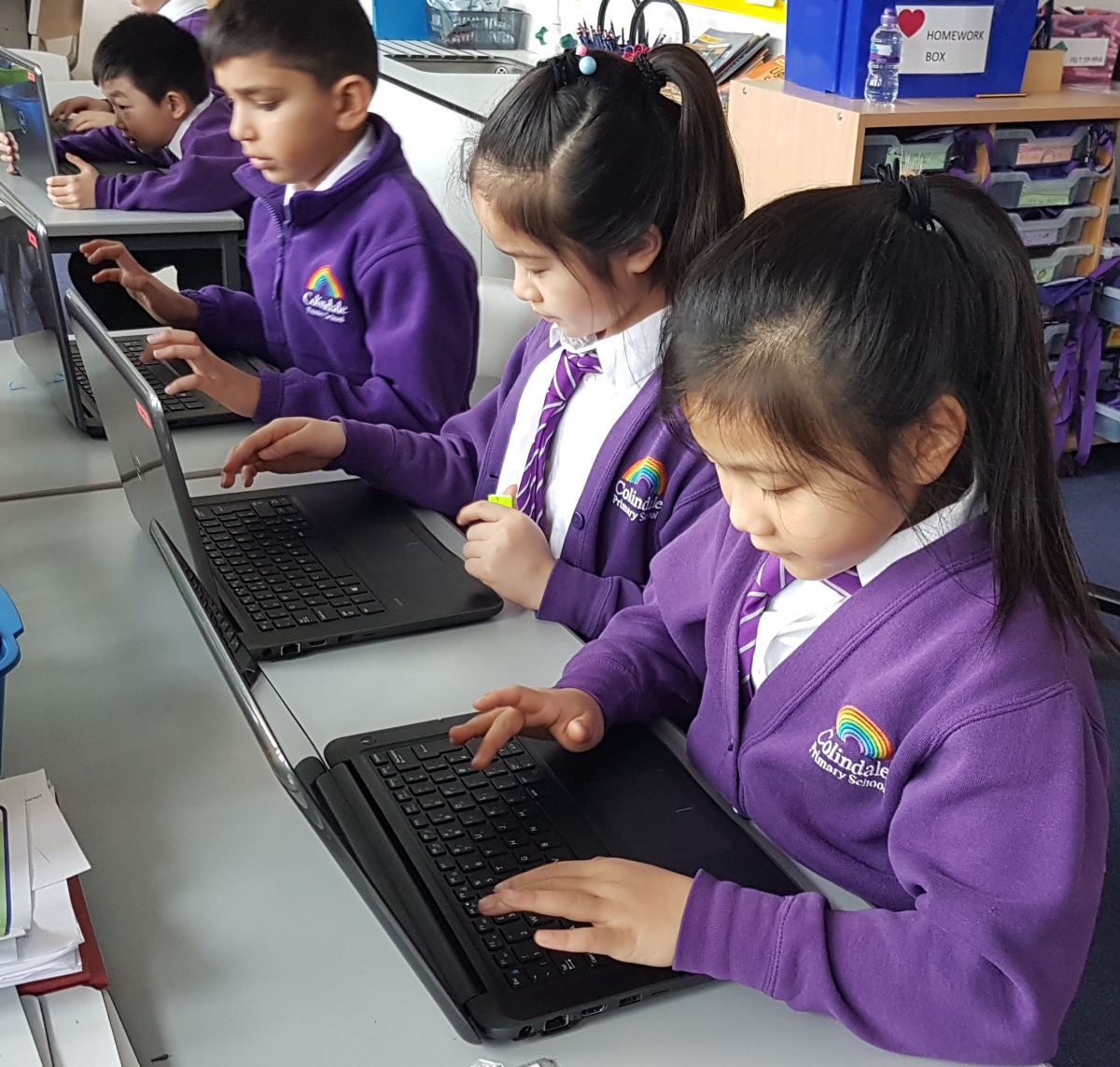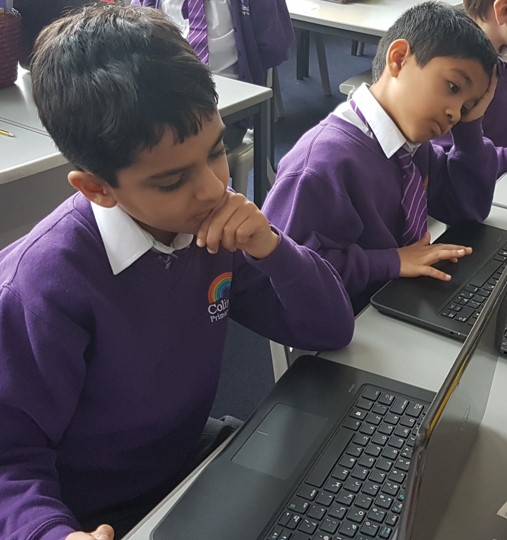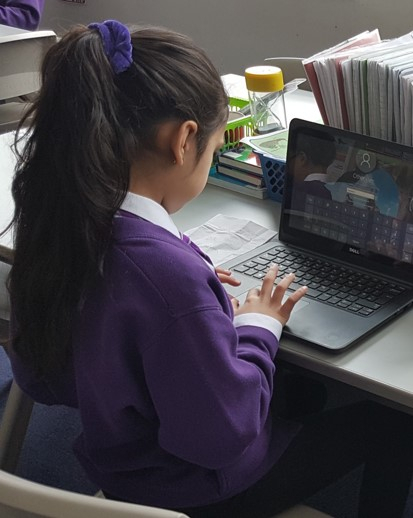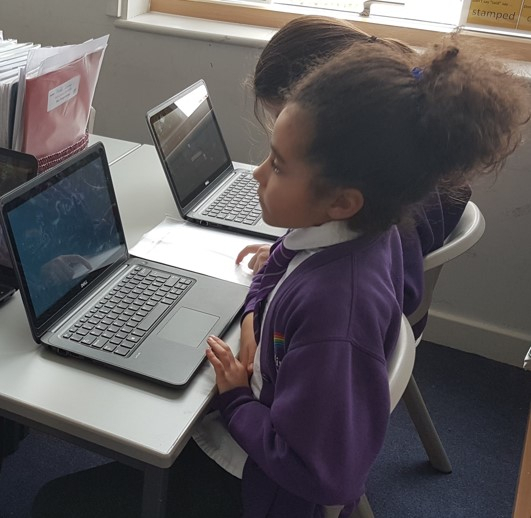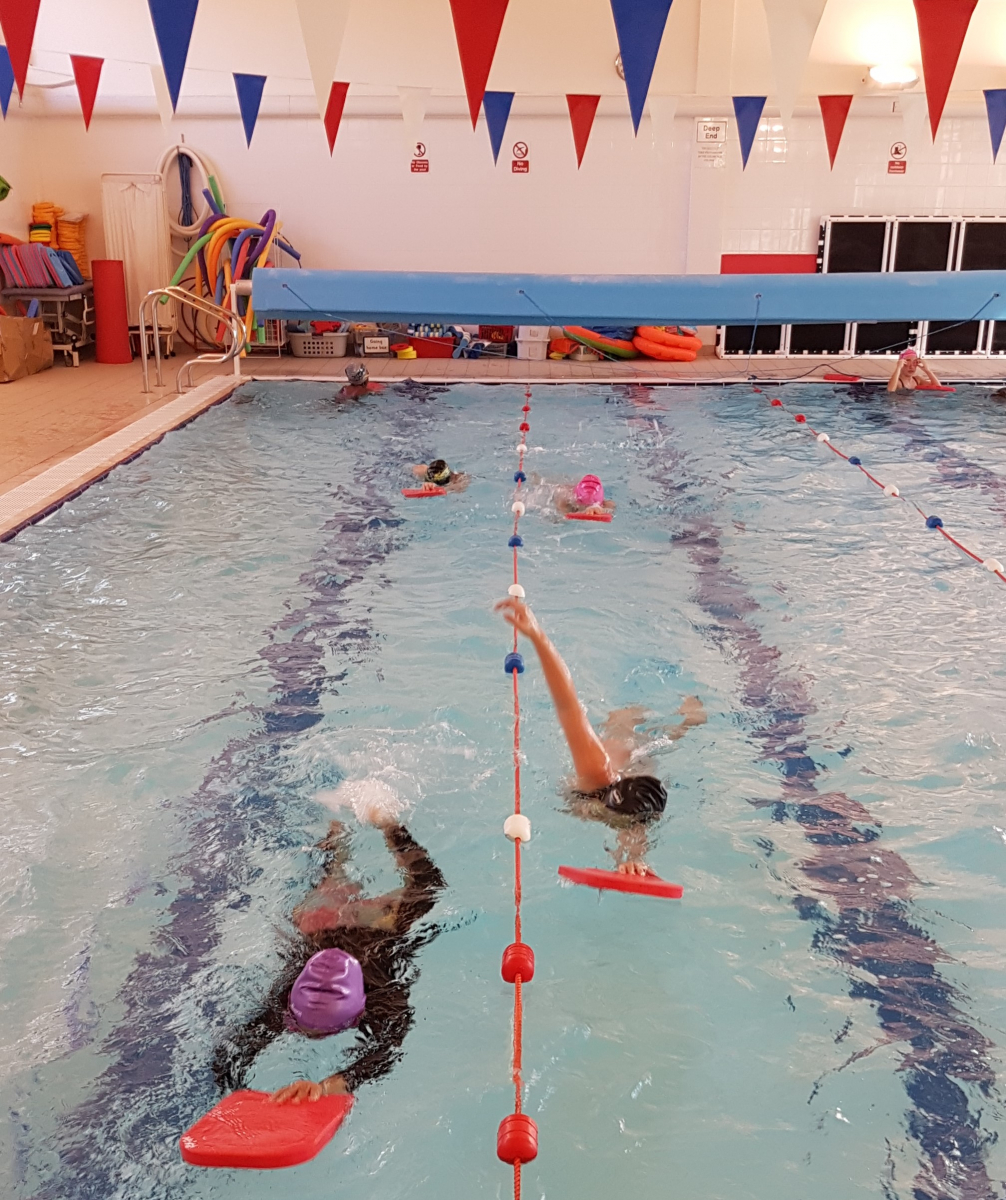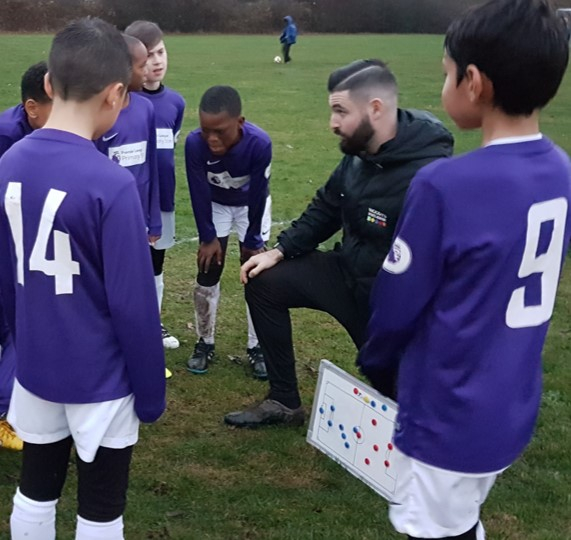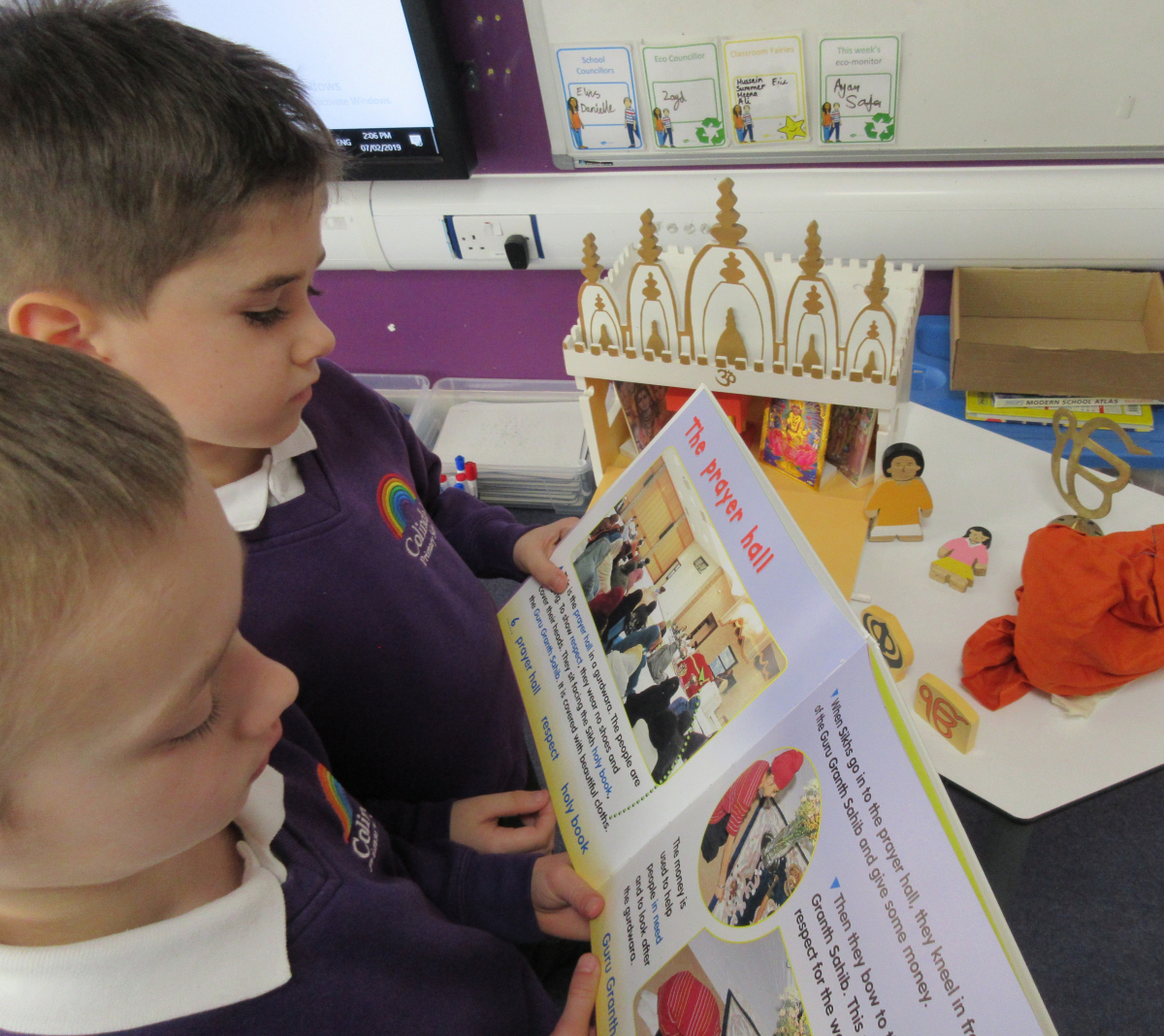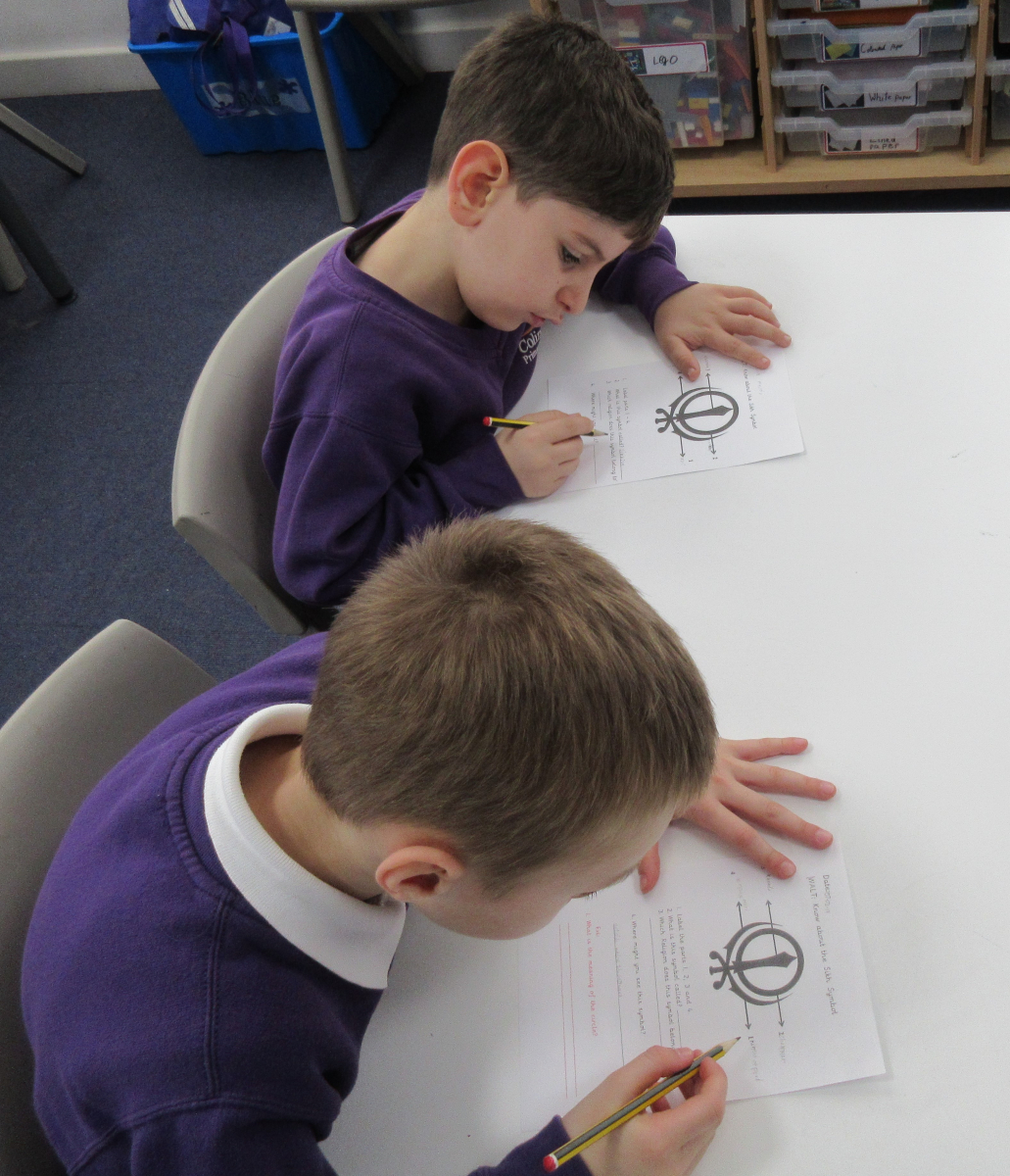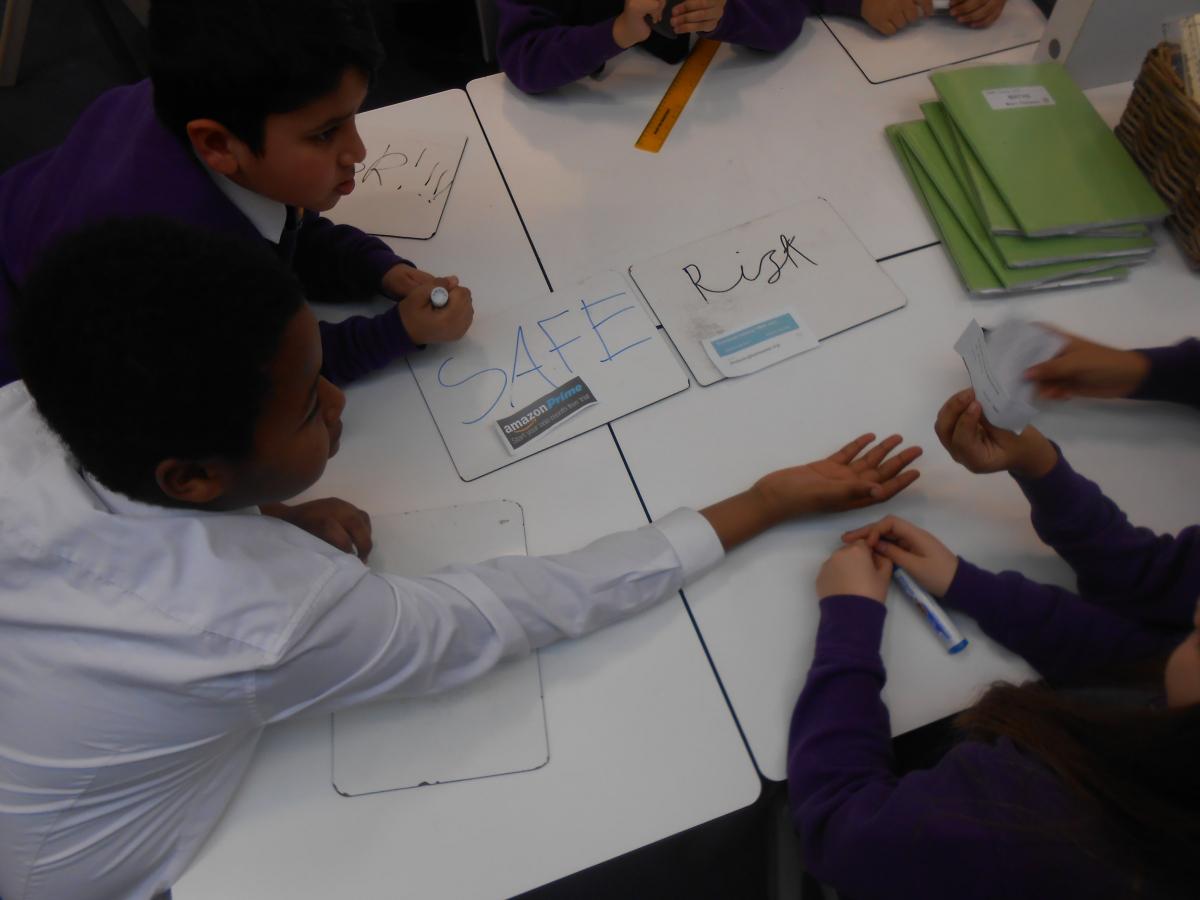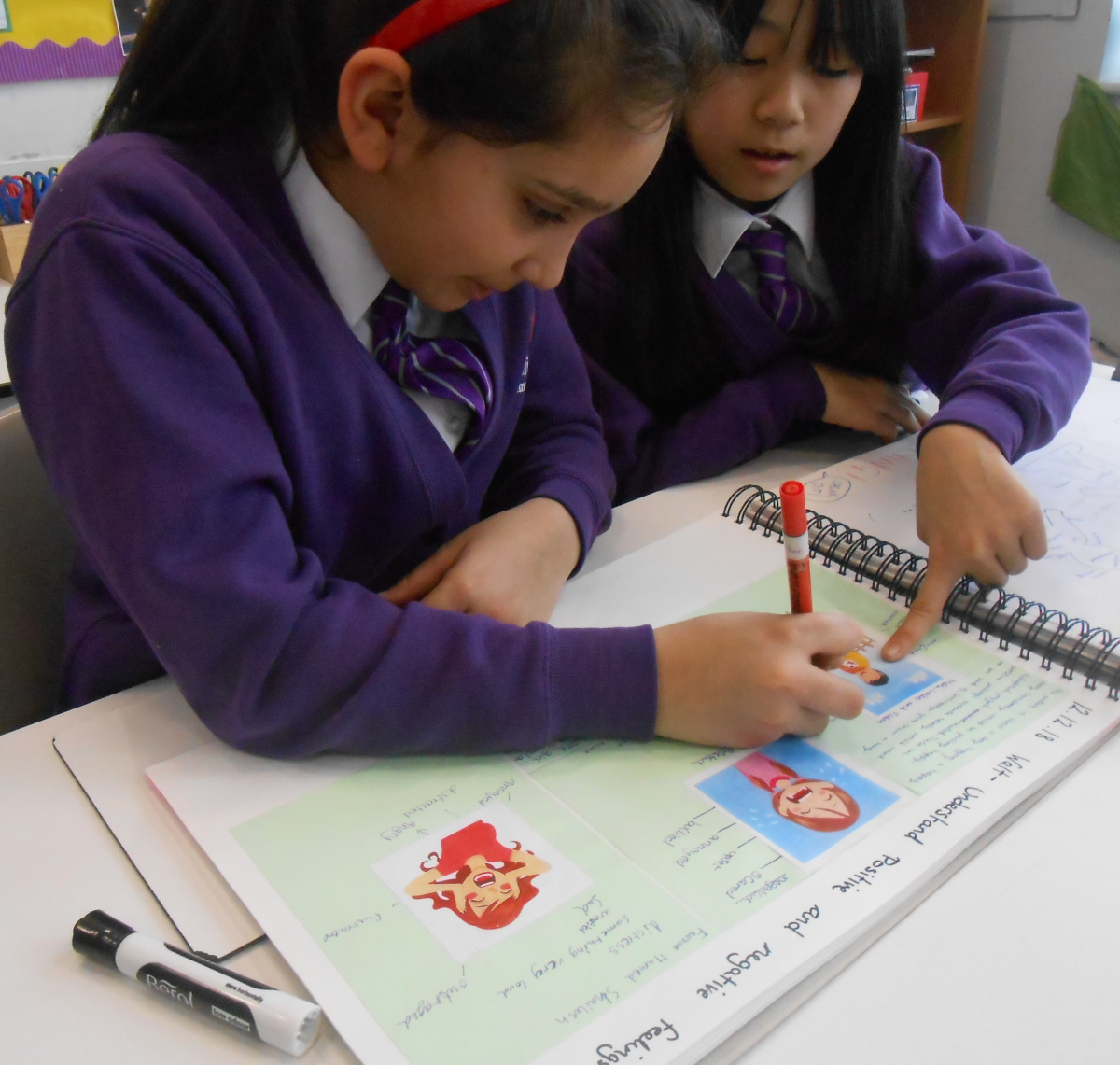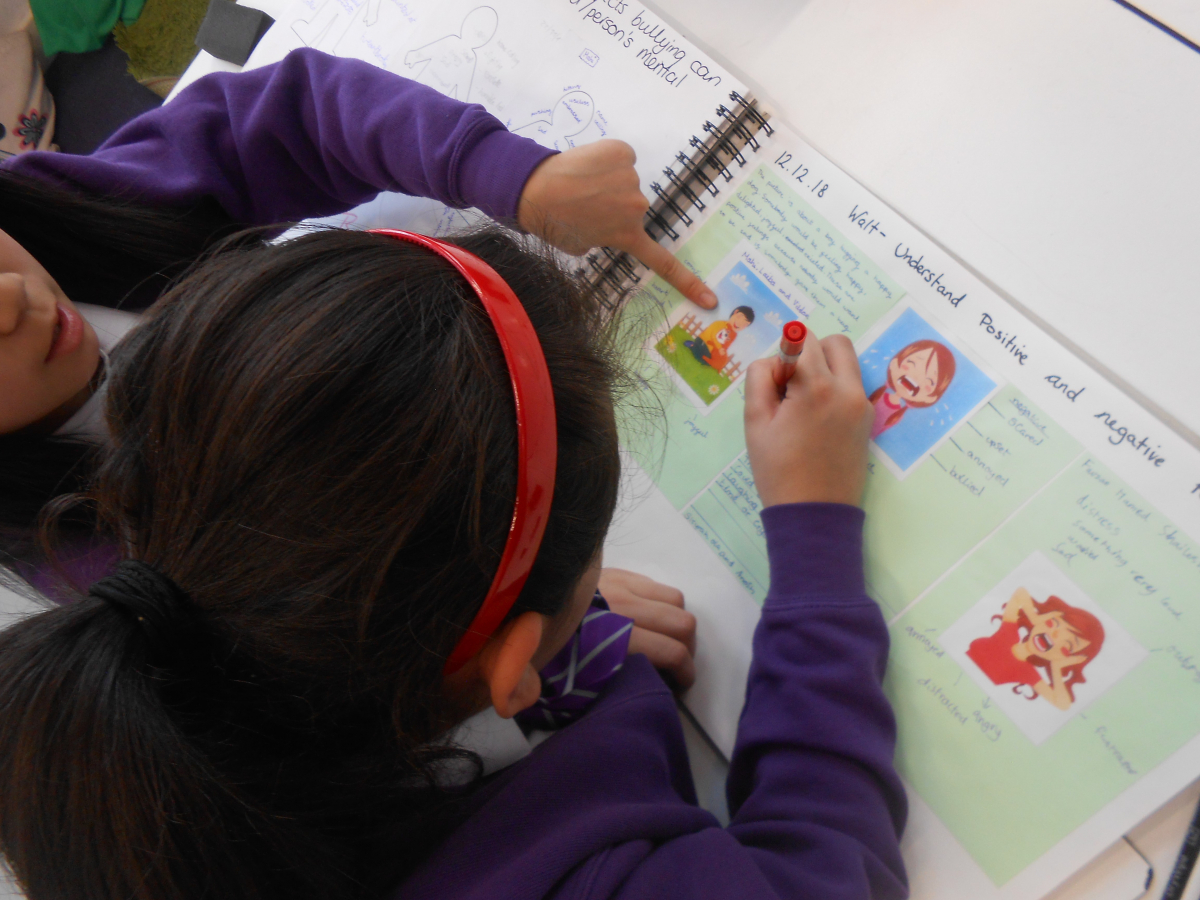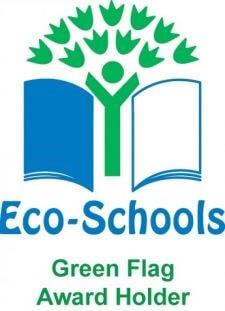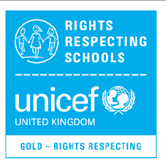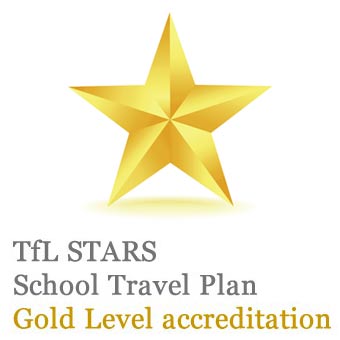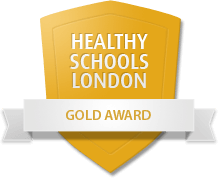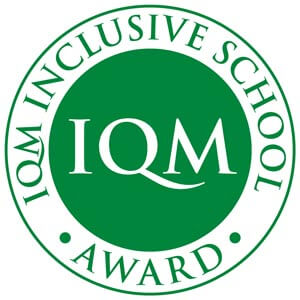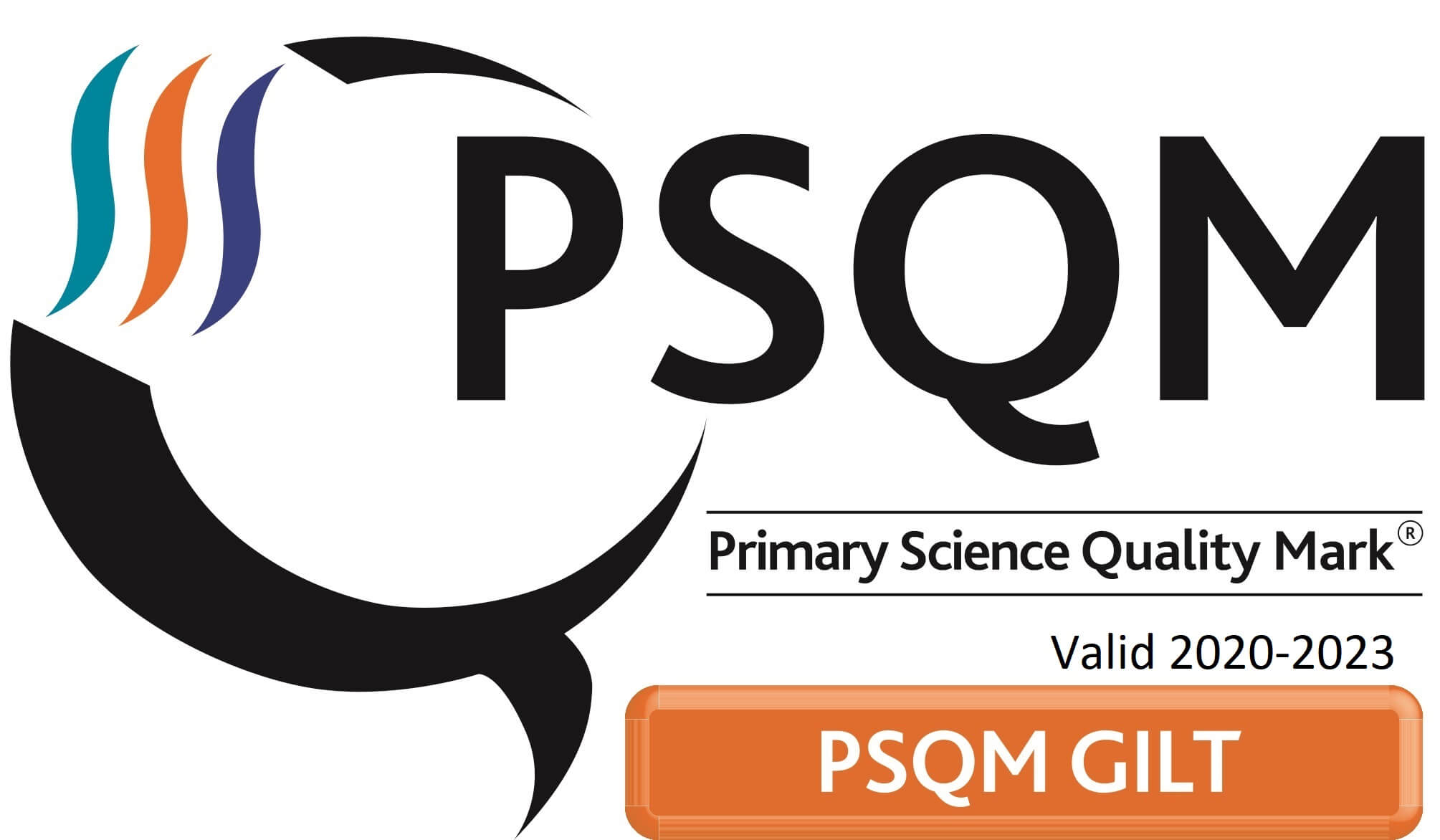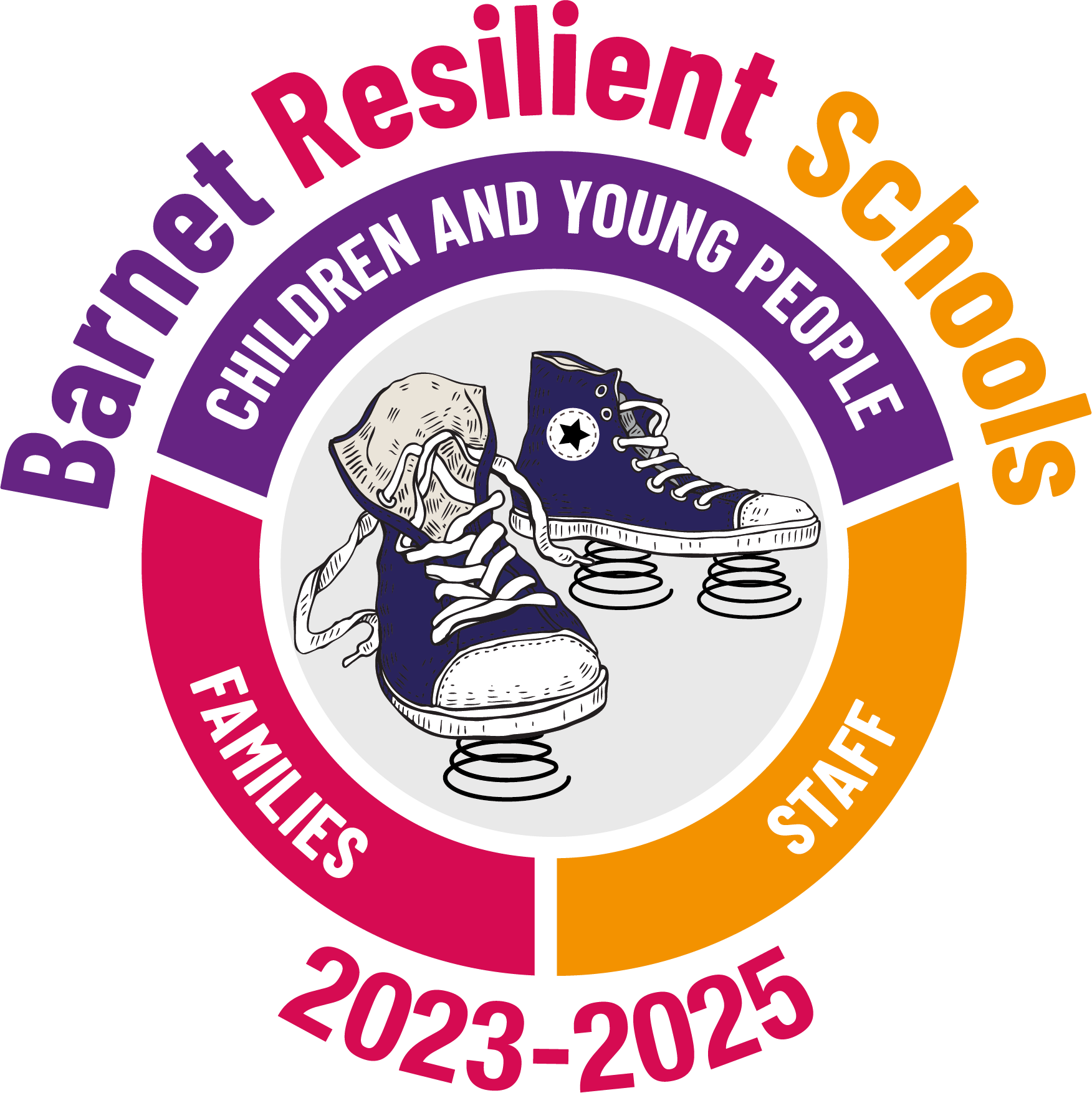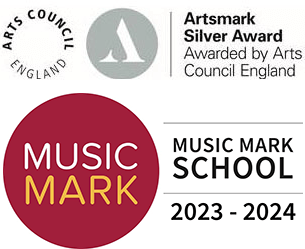Curriculum Intent
Living and Learning Together
At Colindale Primary School we offer a well-rounded education, based on a rich and vibrant curriculum which builds on the children’s cultural capital and is ambitious for all learners, including those with special education needs and disabilities who attend our ARP.
Through our curriculum, we develop the essential knowledge, skills and understanding which are the building blocks for future learning and later life.
Our curriculum includes not only the requirements of the National Curriculum but goes beyond, to ensure that our children are exposed to the richest and most varied opportunities that we can provide.
The curriculum builds on the children’s interests, is relevant and responsive to local and world-wide events, is mindful of our diverse community, encourages debate and develops the skills needed – with a focus on how to learn, as well as what to learn.
The curriculum is enhanced by our commitment to our Rainbow Values of:
- Respect
- Aspiring to be the best we can be
- Inclusion
- Never giving up
- Being a good friend
- Optimistic to make the world a better place
- Working together
And we seek to promote the British Values of:
- Mutual respect
- Tolerance of different Faiths and Beliefs
- Individual Liberty
- The Rule of Law
- Democracy
Through the curriculum we aim to foster the children’s understanding of how they connect to the past, live in the present and look to the future; encouraging curiosity and a passion to learn.
We aim to promote a resilient attitude towards learning, so that all children enjoy coming to school and embrace new challenges and possibilities; pushing their own boundaries.
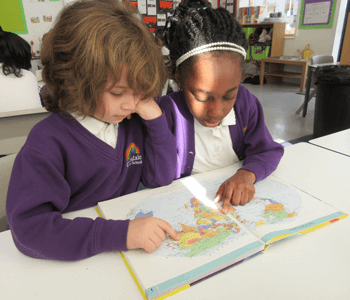
The Early Year Foundation Stage (Little Rainbows Nursery, Nursery and Reception)
The EYFS curriculum is designed to be highly responsive to individual children’s learning needs and interests. The curriculum is planned meticulously to stimulate children’s interests and imagination in all areas of learning. Children are encouraged to become independent learners. They use all their senses to explore real hands-on activities and then process this information to form their own ideas and make sense of the world. A language and literacy rich provision is offered, paying particular attention to the development of language, oracy and reading skills. This& ensures all children have the knowledge and skills they need for future learning.
There are 7 areas of learning and development in the EYFS framework. The Prime areas are important because they lay the foundations for children’s success in all other areas of learning, these are: Communication and Language, Physical development, Personal, Social and Emotional development. The Specific areas provide the range of experiences and opportunities for children to broaden their knowledge and skills, these are: Literacy, Mathematics, Understanding the World, Expressive Arts and Design. We use the Educational Programmes, set out in the EYFS Framework, as a guide to plan children’s activities and experiences in all seven areas of learning.
Included in the EYFS framework are the Characteristics of Effective Learning (CoEL). The focus of the CoEL is how children learn rather than what they learn. During their earliest years, children form attitudes about learning that will last a lifetime. Children are encouraged to have a positive attitude towards learning new things; explore their environment with enthusiasm and independence; concentrate on their activities for longer periods of time; keep on trying when they come across a problem; use their imagination; talk about what they are thinking; and try different methods if things don’t work the first time. We support children to develop these characteristics to make sure they become effective learners.
Key Stage 1 and 2
From Years 1 to 6 children are taught all the subjects of the National Curriculum. These are English, mathematics, science, computing, geography, history, art and design, music, physical education and design technology. They are also taught religious education and personal, social and health education. Children in years 3 to 6 are taught a modern foreign language as well; at Colindale we teach Spanish.
English
At Colindale Primary School we aim for pupils to become fluent readers who can access information from a wide range of texts, both online and written, and who will enjoy reading for pleasure, and competent writers able to write effectively for a range of purposes, having developed the basic skills of grammar, punctuation, spelling and handwriting as laid out in the English National Curriculum.
Reading is taught through teacher guided sessions, as well as in the context of other curriculum areas. The pupils learn to read words primarily through a phonetic approach, and alongside this, they gradually develop a range of comprehension skills so they can fully access the stated and implied meanings of a text. They practice these independently though a range of activities and, once they have achieved sufficient independence, are given regular opportunities to develop their independent reading, choosing from a wide range of texts at a level appropriate to their attainment.
We use a range of quality texts in our English lessons to provide access to a broad range of styles and text types, along with experience of a rich and varied vocabulary, which the pupils can then draw upon in creating their own pieces of writing. Grammar, punctuation and spelling is taught systematically, and as much as possible, in the context of their children’s own writing. As they move through the school, pupils are taught how to become independent in proof reading and editing their own work and how to revise and redraft to ensure their writing is effective in meeting its purpose and suiting its intended audience.
Linked to Rights Respecting Articles: 17, 28, 29
Mathematics
At Colindale Primary School it is our intent that:
- Pupils are confident in approaching calculations and solving problems in all aspects of mathematics as laid out in the National Curriculum.
- Pupils develop an appropriate use of mathematical vocabulary to explain their thinking, query difficulties, look for clarity, develop their reasoning and embed learning.
- Pupils become reflective learners and deal confidently with making errors and use this to improve their work and their thinking.
- Pupils use logic to develop thinking, build resilience and prove their reasoning.
- Pupils use apparatus and different visuals, such as drawings, diagrams and models to deepen their learning, build solid foundations, explore variations and prove mathematical concepts.
As pupils move through the school, activities build on their experiences and encourage them to broaden their horizons and try new challenges. We also make sure that they develop confidence and fluency in calculation at every stage. They regularly solve problems and work collaboratively on investigative work where approaches can be compared and explored. Pupils are taught to record and present their thinking in a clear, logical manner that makes sense to them and in a format that can be shared with others. They enjoy and take pride in their work and mathematical thinking and share their opinions freely with each other.
Linked to Rights Respecting Articles: 17, 28, 29
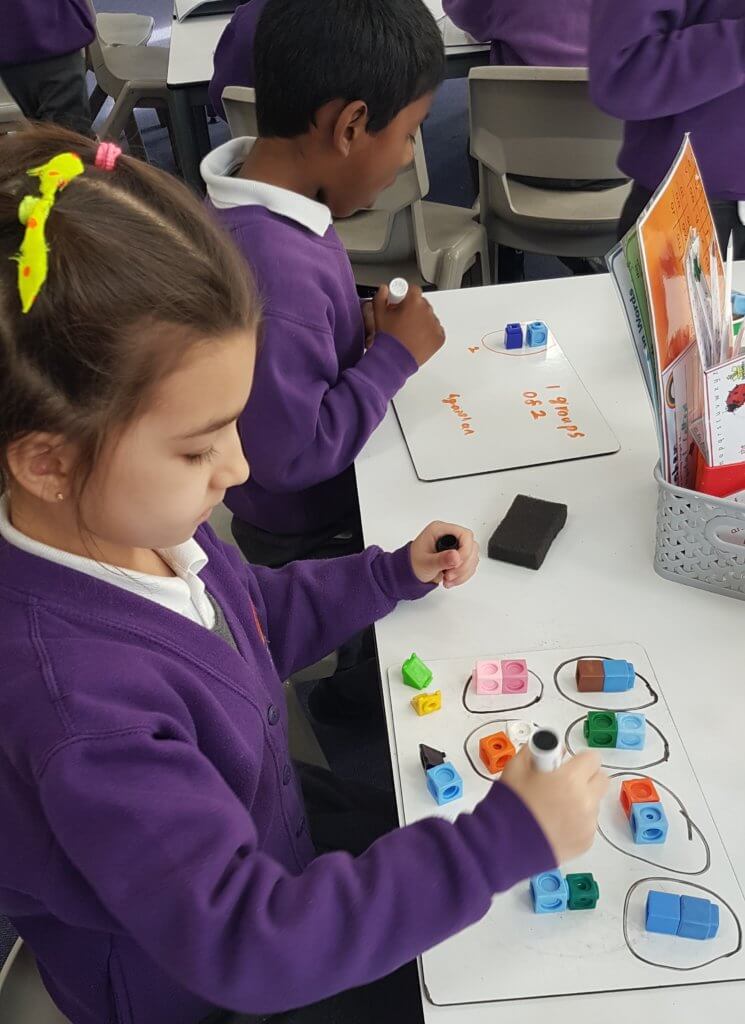
Science
At Colindale Primary there is a commitment to develop all children’s science capital. Science enables children to understand the world in which they live. We aim to harness the natural curiosity of all children through purposeful enquiry and an engaging environment. Pupils are given opportunities to question, explore, investigate and be challenged in order to develop their enquiring minds.
As one of the core subjects taught in primary schools, we give the teaching and learning of Science the prominence it requires. At Colindale Primary School, in conjunction with the aims of the National Curriculum, our Science teaching offers opportunities for children to:
- Have engaging and fun science lessons
- Use practical activities to explore and understand scientific things
- Link our science learning to real-life experiences
- Ask questions and have the opportunities to find answers for ourselves
- Work by using a range of scientific methods
- Develop our scientific vocabulary
- Are independent learners
- Share our learning within our school and community
Children have weekly lessons in Science throughout Key Stage 1 and 2, using the programmes of study as set out in The National Curriculum. In the Early Years, Science is taught through the children learning about the world around them in their learning through play and through focussed adult led activities which secure their understanding and development of ‘The World’.
All children are exposed to high quality teaching and learning experiences, which allow children to explore their outdoor environment and locality, thus developing their scientific enquiry and investigative skills. They are immersed in scientific vocabulary, which aids children’s knowledge and understanding not only of the topic they are studying, but of the world around them. We endeavour to ensure that the Science curriculum we provide will give children the confidence and motivation to continue to further develop their skills into the next stage of their education and life experiences.
Linked to Rights Respecting Articles: 17, 24, 28, 29, 31, 33
Computing
At Colindale Primary School it is out intent to teach pupils computing skills that will support them in using computing across a broad variety of subjects and fields of learning.
· Pupils will learn how to work with programmable equipment and software and develop their own programs to solve problems.
· Pupils will use various software to develop literacy & mathematical skills as well as to develop a scientific approach to analyse data and question authenticity.
· Pupils will learn how to develop their own designs and creative outlets.
· Pupils will learn how to navigate themselves around different systems and make connections on different platforms to facilitate their learning and support their understanding of computing.
· Pupils will learn how to work safely on the Internet and will learn how to communicate appropriately with different audiences.
Pupils will develop their skills in these different areas as they move through the school. They will be encouraged to question how ideas are developed and how they can be improved. To look for emerging patterns and use various software to solve problems and develop their own creativity.
Many of our school platforms are accessible via secure logins, where parents and pupils are encouraged to access and use as part of our home learning approach to deepen learning.
Linked to Rights Respecting Articles: 13, 16, 17, 29
History
At Colindale Primary School, history has always had a high profile as part of a wider, broad and balanced curriculum offered to all pupils. We believe in providing high-quality history lessons which inspire in pupils a lifelong curiosity and fascination for history.
Our curriculum is designed to fulfil the requirements of the National Curriculum for history, whilst taking account of the needs and interests of the pupils at our school. The history curriculum embeds the ethos of the school, the British values and the UNICEF Convention for the Rights of the Child. It is designed to stimulate the children’s curiosity about the past, and for the progressive development of historical concepts, knowledge and skills, and an understanding of how the past influences the present. We enable children to develop coherent knowledge and understanding of Britain’s past and that of the wider world.
There is a high focus on the development of subject specific skills through enquiry-based learning, encouraging pupils to think like ‘historians.’
The key areas of focus are:
- Chronological Understanding – pupils develop a good understanding of chronology, using timelines and discussing different periods of time
- Historical Understanding – pupils learn historical facts and the impact of past events and people
- Historical Enquiry – pupils use different sources to ask questions and select different sources to create accounts of past events
- Interpretations of History – pupils develop an understanding that the same event can be interpreted in different ways and that different evidence will lead to different conclusions
- Communication – pupils learn about different ways to communicate and present their knowledge and understanding
As well as developing historical skills, pupils develop a good understanding of subject specific vocabulary. This enables them to successfully articulate their knowledge and understanding of key historical concepts such as continuity and change, and cause and effect. Pupils are also given a wide variety of experiences both in the classroom and out. We actively encourage educational visits and workshops to enable them to gain first-hand experiences to support their learning. There are many cross curricular links with other subjects such as geography, RE and art, which provide pupils with a rounded understanding of topics.
We want our pupils to enjoy learning about the past and for them to develop a better understanding of the society in which they live.
Linked to Rights Respecting Articles: 28, 29, 30
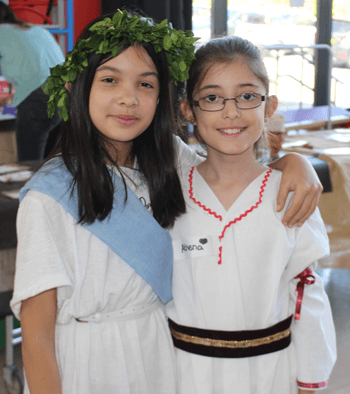
Geography
The geography curriculum for KS1 and KS2 follows the National Curriculum. The curriculum for EYFS is based on Development Matters.
The geography curriculum aims to build pupils’ knowledge and understanding of different countries and cultures, and develop pupils’ empathy and understanding of others. It also aims to help pupils form understanding and opinions on current issues and debates.
Learning objectives have been sequenced, considering pupils’ developmental stages, ensuring that learning is age appropriate. The sequence also ensures progression. Knowledge and skills in later years build on pupil’s previous learning, so knowledge and skills accumulate as pupils’ progress through each year group. There are also opportunities for pupils to revise key concepts. Where possible, links are made with other subjects such as History, R.E. and Science, so concepts and topics are studied together.
Linked to Rights Respecting Articles: 24, 28, 29, 30
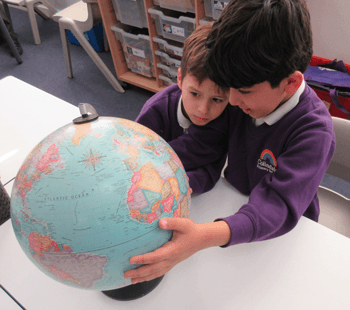
Art
Art contributes greatly to the life of the school. Children are able to express themselves through different mediums and the reflective process which helps to develop their skills and provides great enjoyment. Emphasis is placed on the display of children’s work at Colindale and we are pleased to see children’s self-esteem develop when they produce high quality work. Children also have opportunities to appreciate art from other times and cultures. Art materials are modified for children with motor difficulties.
Linked to Rights Respecting Articles: 12, 13, 23, 28, 29, 31
Design and Technology
In DT children are encouraged to work with a variety of materials to design and make products and to test, evaluate and improve upon them. This practical approach to problem solving gives them the opportunity to apply knowledge learnt in other curriculum areas to make products which have a real purpose.
Linked to Rights Respecting Articles: 13, 14, 24, 27
Music
All children have class music lessons. They are given the opportunity to understand and enjoy music through being taught singing and composing and performing their own music. They also have the opportunity to listen to a wide range of music and to appreciate the music of other composers from different ages and cultures. We frequently have workshops in school with visiting professional musicians. Children can join the choir and we regularly take part in the Barnet Music Festival.
In addition, we have visiting teachers who offer tuition in various instruments, for example, guitar, piano, drums. Parents have to pay for these lessons and parents on income support are able to apply for a grant to help with the cost of lessons. Some instruments may be available for loan.
Linked to Rights Respecting Articles: 12, 13, 14, 15, 24, 28, 29, 31
Modern Foreign Language
At Colindale, Spanish is taught throughout KS2.
We believe that learning a foreign language is vital if children are to be internationally equipped for life, in this increasingly connected world.
Our Spanish curriculum enables pupils to understand the importance of learning another language as a means of accessing different cultures and societies. We aim to foster pupils’ curiosity and deepen their understanding of the world; to enable pupils to express their ideas and thoughts in another language and to understand and respond to its speakers, both in speech and in writing. Our curriculum also provides opportunities for pupils to communicate for practical purposes. Our language teaching provides the foundation for learning further languages, equipping pupils to continue their studies and pick-up other languages at secondary school and beyond.
In Years 3 to 6, pupils follow the Jolie Ronde Spanish course. Lessons cover the four skills of listening, speaking, reading and writing and pupils’ work is recorded in their workbooks.
Pupils are taught to:
- listen attentively to spoken language and show understanding by joining in and responding
- explore the patterns and sounds of language through songs and rhymes and link the spelling, sound and meaning of words
- engage in conversations – ask and answer basic questions
- speak in sentences using familiar vocabulary, phrases and basic language structures
- develop accurate pronunciation and intonation, so that others understand when they are reading aloud or using familiar words and phrases
- read carefully and show understanding of words, phrases and simple writing
- appreciate stories, songs, poems and rhymes in the language
- broaden their vocabulary and develop their ability to understand new words that are introduced into familiar written material
- write phrases from memory and adapt these to create new sentences, to express ideas clearly
- understand basic grammar appropriate to the language being studied, including (where relevant) feminine and masculine forms; key features and patterns of language and how to apply these to build sentences; and how these differ from, or are similar to, English
Linked to Rights Respecting Articles: 28, 29, 30, 31
Physical Education and Sport
At Colindale Primary School pupils engage in a broad and varied PE curriculum. Our curriculum follows The National Curriculum where pupils are exposed to different areas of PE, which include Games (invasion, striking and fielding, net and wall), dance, gymnastics, athletics and swimming. Through this exposure to a varied and balanced curriculum, our pupils are able to acquire new skills, develop their fine and gross motor skills, as well as have the opportunity to experience different sports and develop their potential talents.
Colindale Primary School aims to deliver up to 2 hours of high-quality PE every week. This involves weekly PE lessons for pupils in Key Stage 1 and Key Stage 2, as well as weekly swimming lessons (excluding Year 1 who receive an extra PE lesson) taught by a qualified swimming instructor. In the Early Years, Physical Education is a prime area and is delivered through child-initiated activities within a free flow setting and aims to develop our children’s fine and gross motor skills, coordination, and spatial awareness.
Colindale Primary School recognises that PE can be a powerful tool, which can provide pupils with confidence, boost self-esteem, help pupils gain a sense of belonging, improve fitness and develop an understanding of how to lead a healthy lifestyle. Therefore, alongside our PE curriculum we offer many after school sports clubs: Girls and Boys football, Tag Rugby, Basketball/Netball, Kwik cricket, Gymnastics/Dance/Cheerleading and swimming. These clubs are selected based on the pupil’s interests and provide an avenue for further development of their skills and talents. Some of these clubs offer inter sport competition, whereby our school teams compete in borough leagues and tournaments against other schools. We also have a Change4Life club which delivers a combination of physical sessions and cooking sessions, which aim to demonstrate how to lead a healthy lifestyle.
Everyone at Colindale Primary School is committed to ensuring children are healthy and enjoy PE, which we hope develops into a lifelong love for physical activity.
Linked to Rights Respecting Articles: 24, 28, 29, 31
Religious Education
The RE curriculum, for KS1 and KS2, follows the Barnet Scheme of Work 2019. This scheme reflects the religious diversity of Barnet and covers themes prominent in our school and wider community. The RE curriculum for the EYFS is based on Development Matters in conjunction with the Barnet scheme of work.
The curriculum aims to build pupils’ knowledge and understanding of different religious groups; to develop pupils’ empathy and understanding of others; and to help pupils form an understanding of and develop their own opinions on current issues and debates. It follows an enquiry-based approach, which encourages pupils to actively discover information. Opportunities are planned for pupils to reflect upon what they have learnt and how moral themes relate to them.
The skills and knowledge pupils develop help them to become informed and engaged citizens. The learning objectives have been sequenced to ensure progression. Key themes are studied in each year group. By revisiting key themes, pupils revise prior learning before deepening and broadening their knowledge on these themes. The learning objectives have also been sequenced to make learning relevant and accessible to pupils. Pupil’s abilities to grasp certain concepts and use skills have been considered when sequencing learning outcomes.
Linked to Rights Respecting Articles: 12, 13, 14, 17, 30, 31
Personal, Social and Health Education
At Colindale Primary School as part of a wider, broad and balanced curriculum, we offer PSHE lessons which have an impact on both academic and non-academic outcomes for all pupils. Through our PSHE lessons, pupils develop the knowledge, skills and attributes they need to keep themselves healthy and safe and be prepared for life and work.
Our curriculum is designed to fulfil the statutory requirements of the National Curriculum for PSHE, as well as the non-statutory elements for primary schools such as sex education, economic wellbeing, careers and being a responsible citizen. As well as delivering a comprehensive life skills programme, a range of themes are covered to support the personal, social, emotional and heath development of all pupils. These are taught through a positive approach, acknowledging that when we are faced with various risks and negative events, we can learn to make informed decisions and responses based on knowledge, attitudes, skills and strategies to recognise and manage these situations as effectively as possible.
Our programme of studies is based on three core themes: Health and Wellbeing, Relationships and Living in the Wider World. There is a high focus on supporting children’s mental health and emotional wellbeing as well as greater emphasis on the skills and attributes that are crucial to children’s personal development.
Essential skills and attributes developed through our programme of study:
- Personal Effectiveness including self improvement, resilience, self-regulation, recognising and managing peer influence, self-organisation, strategies for identifying and accessing appropriate help and support, clarifying own values, and developing and maintaining a healthy self-concept.
- Interpersonal and social effectiveness including empathy and compassion, respect for the rights of others to their own beliefs, values and opinions, skills for employability (such as active listening communication) team working, negotiation, leadership and presentation skills, enterprise skills and attributes (such as aspiration, creativity and goal setting) recognising, evaluating and utilising strategies for managing influence, valuing and respecting diversity and using these skills and attributes to build and maintain healthy relationships of all kinds.
- Managing risk and decision-making including identification, assessment and management of positive and negative risk to self and others, formulating questions, analysis, assessing the validity and reliability of information, identify links between values and beliefs, decisions and actions and making decisions.
We want to support our pupils to be more autonomous and less vulnerable, teaching them the knowledge and skills to be able to understand and act in any situation they encounter.
Linked to Rights Respecting Articles: 6, 12, 13, 24, 29
Assessment
Teachers and teaching assistants make assessments of the children all the time. It is only by knowing what a child is able to do, that the next step in their work can be planned. Other more formal assessments are made when an assessment activity is planned to enable the teacher to see how much a child has learnt and understood at the end of a unit of work. Children are also tested in phonics, reading, writing and maths throughout the year to assess whether they are on track to achieve the expected levels and identify any gaps, which in turn inform future planning.
Children are also involved in the assessment of their work. We teach them the skills of evaluating what they have achieved, thinking about what they can do to improve it and also thinking about what helps them to learn.
At certain points in a child’s education statutory assessments are compulsory. These measure their achievement against National Standards and are carried out at the end of Reception, Year 2 and 6.

